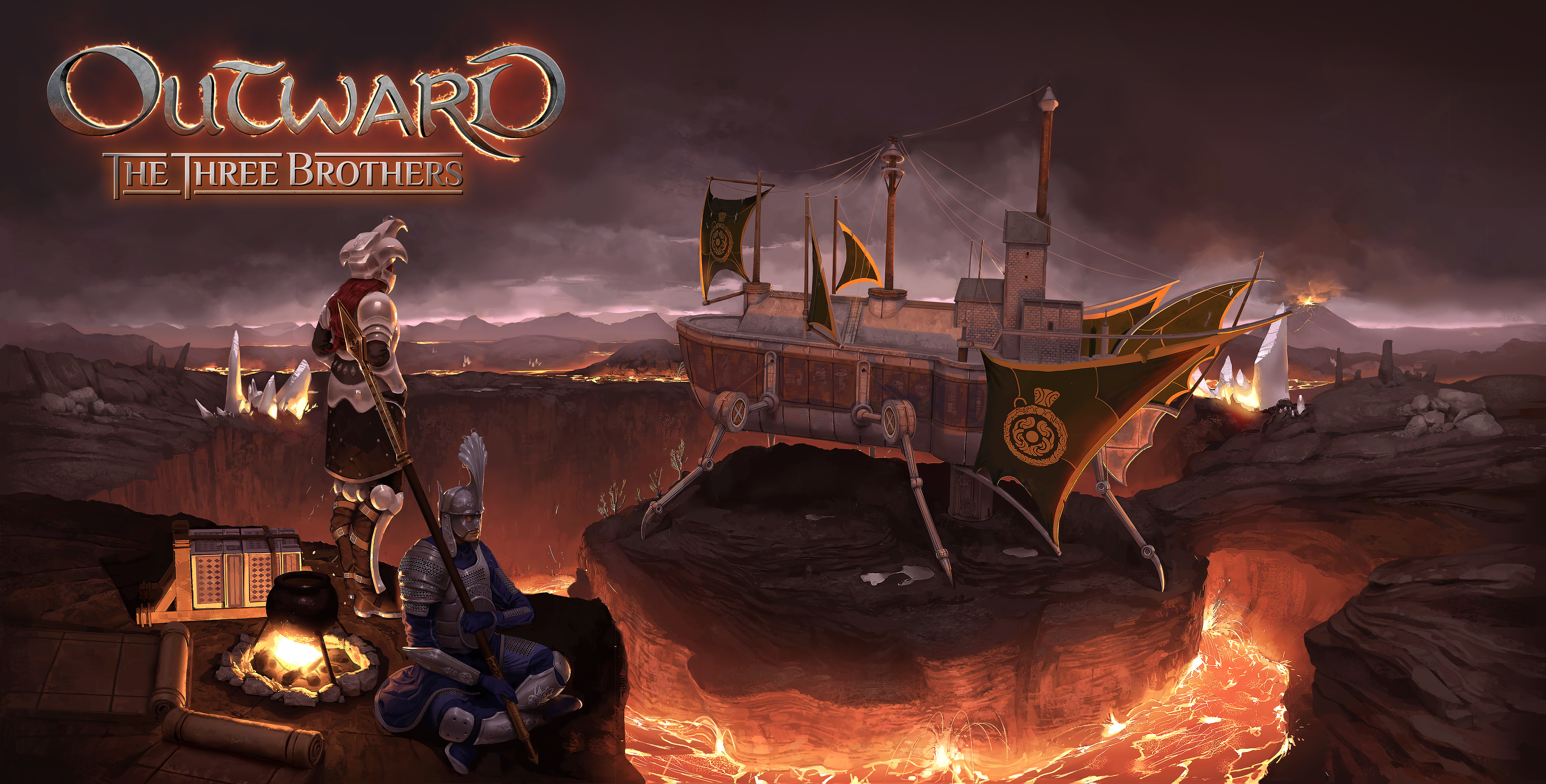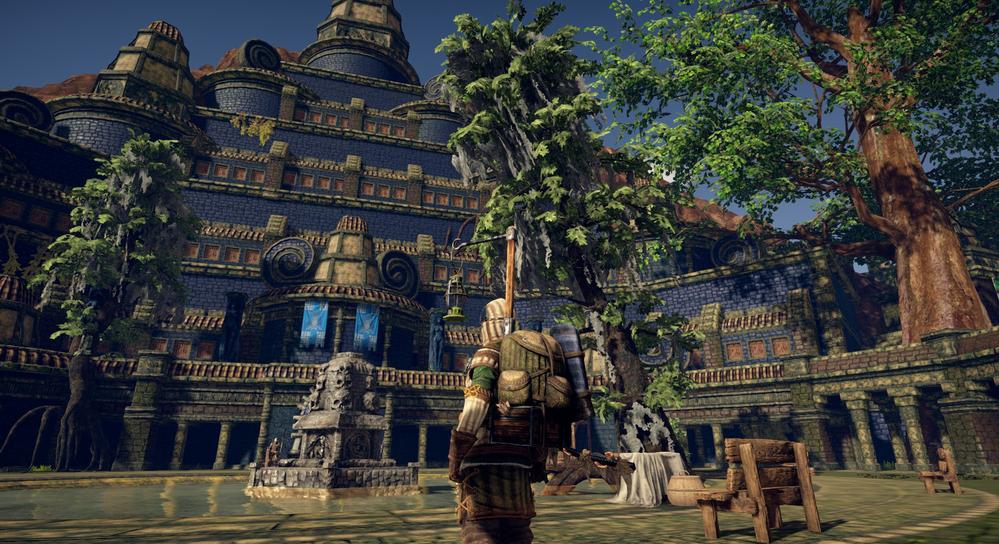

My first micro-community started when I was a student at IIT in New Delhi, the premier technical school in India. What I am referring to here is “micro-communities,” a small but close-knit trusted group of advisors and people with like-minded interests. We often confuse communities as “followers and influencers” as defined by social networks. Whatever your leadership community looks like, belonging to a community is important for your own growth as a leader. It might be an internal group of peers across the departments of your org, or it might be a group of people you met at a conference in your field. Meanwhile, as a leader, there’s one group you must form for yourself: You need to find your own micro-community of leaders.


As a leader, you must ensure that you are sharing information consistently with all groups, and you are not creating perceived favoritism between groups. How? I often find that being as transparent as possible with all the teams helps with aligning everyone toward common goals. It is indeed hard to turn potential cliques into productive, friendly groups that may compete to move you forward faster. It’s so important as a leader to recognize that these groups exist and understand how they interact, so you can harness the energy they bring. I am sure you can probably think of examples like this from your own organization. At large and small companies alike, people naturally form groups that often take on an identity of their own and, in fact, can start to become silos and create unhealthy rivalries for instance, the Redwood City engineering group versus the engineers in Bangalore the sales team versus the finance team.
Outward builds how to#
In a new interview with my friend Reid Hoffman, which just posted today on Masters of Scale, we dig into a theory of leadership that I find fascinating: how to lead the micro-communities inside your organization.


 0 kommentar(er)
0 kommentar(er)
